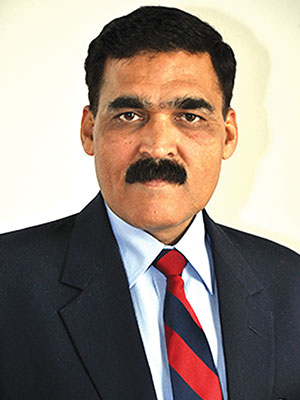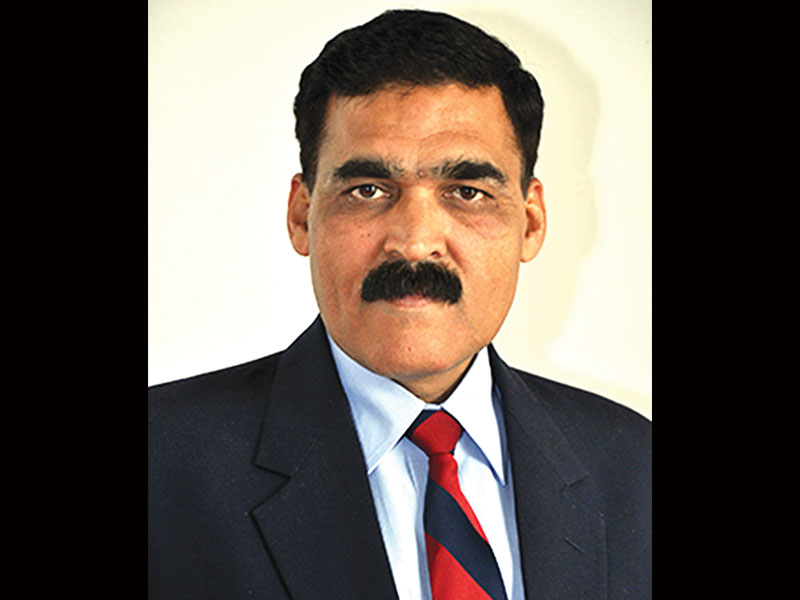
A physics and education postgrad of Delhi University and M.D. University, Rohtak, Anil Sharma is the principal of Birla Vidya Mandir, Nainital (estb.1947), ranked among India’s Top 5 all-boys boarding schools. In a distinguished career spanning three decades in Indian education, Sharma has served as former principal of the Sanskriti School, Ajmer, Gyan Bharati, Delhi and deputy principal of Lawrence School, Lovedale.
What is your overview of the NEP 2020 released last month?
NEP 2020 is a progressive futuristic document. Connecting pre-primary, school and higher education through a seamless education continuum will go a long way in raising academic standards across the board. Also including vocational subjects in mainstream K-12 education will develop skill-based and academic competencies of children, while the shift from rote to competency-based learning, and teacher training reforms will radically change Indian classrooms. Another great idea is the annual Compulsory Continuous Professional Development programme for principals.
However, the suggestion to teach primary classes in the mother tongue/local language is ill-advised especially for residential schools, as they enrol students not only from different states of the country, but from countries around the world.
How satisfied are you with the switch of K-12 schools to online/blended learning during the current Covid-19 crisis? Is this a beneficial development?
The switch to online/blended learning was necessary because schools didn’t have any other option to ensure learning continuity. We cannot compare physical and online classes. But I believe this switch is a beneficial development for school education as teachers have become adept at using and integrating technology into classroom transactions.
The past few months have witnessed incremental government interference in fees and online education delivery. How much damage has this caused to private schools?
The only source of revenue for private schools is fees. Since the lockdown in March, private school teachers are conducting online classes without interruption. But if schools are not allowed to collect fees, how will they pay teachers and staff salaries? Moreover, government guidelines allow schools to conduct online classes for not more than three hours per day while the syllabus has been reduced by only 30 percent. Schools will find it very difficult to complete the syllabus with these restrictions.
What are the major initiatives Birla Vidya Mandir has recently taken to upgrade teaching-learning?
We have sharply upgraded the school’s IT infrastructure by creating digital resource centres in our IT labs, increased Internet speed and conducted online orientation programmes for teachers to improve pedagogies and assessment processes.
What are your Top 3 proposals for re-inventing India’s K-12 education system?
- School curriculums should be redesigned to develop students’ problem-solving skills and scientific temper.
- Continuous and comprehensive orientation programmes for principals and teachers must be made compulsory and conducted regularly.
- Integrate parenting education and mentoring into school education.
Read the full story here on 25 leaders reinventing K-12 education
